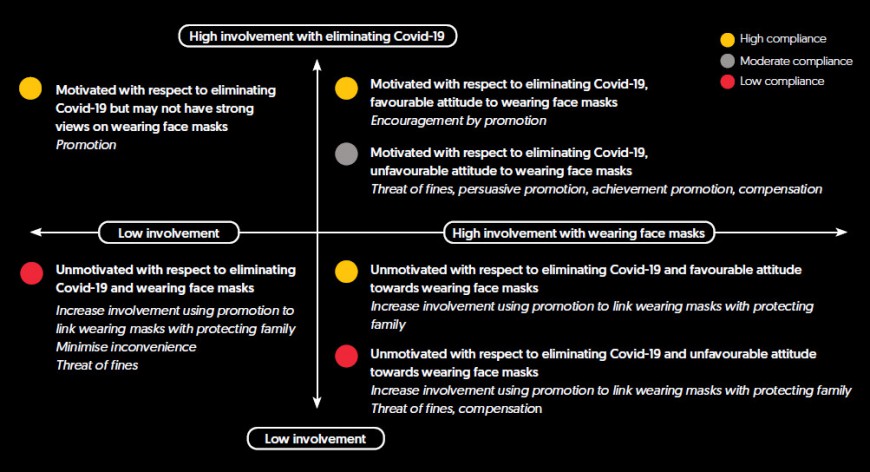Our social science capability complements our biophysical science by focusing on the social, cultural, and economic processes and information needed to improve policy performance. We design, undertake, and evaluate engagement processes and strategies to better understand people’s preferences, their values, and governance processes to improve the management of our natural assets.
Our research in this area spans urban, rural, and conservation landscapes and catchments, the full-range of ecosystem services and natural resources, and a wide array of stakeholders – central and local government, industry, NGOs, community, and Māori organisations.
Recent work by the team has focused on improving the effectiveness of government responses to the Covid-19 pandemic. We surveyed 1,001 Aucklanders to determine their willingness to comply with policy measures to eliminate Covid-19. The
analysis was based on the I3 compliance framework, a model of compliance behaviour grounded in
social psychology and marketing theory.
The I3 framework reveals the involvement people have with a policy outcome and policy measures, and their beliefs about the outcome and measures. It tells us if someone is willing (or not) to do something, while the belief analysis explains why people are willing (or not) to do something. In this study we measured how strongly people were involved with eliminating Covid-19 (policy outcome) and their willingness to comply with policy measures like wearing face masks, self-isolating when ill, and getting tested.
The results were summarised in diagrams like the one below.

Behaviour change and COVID-19
